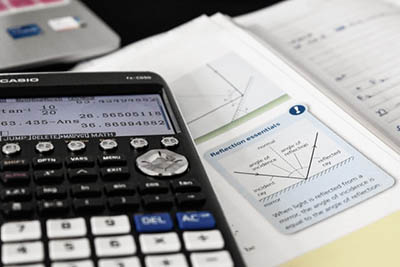The learning outcomes of the course are:
Demonstrated knowledge and understanding of quantitative methods of analysis topics which builds on their general secondary education and, while supported by advanced level scientific textbooks, includes views arising from contemporary developments at the cutting edge of their field of knowledge.
Students will have developed the knowledge acquisition skills they need to continue in further studies with a high degree of autonomy after the teaching of this course.
They will have advanced knowledge in a field of work or study which involves a critical understanding of theories and principles.
They will now possess advanced and specialised skills and techniques, including synthesis and evaluation, required to solve critical problems in research and to extend and redefine existing knowledge.
In summary, the aim of the course is to provide students with mathematical knowledge that is of particular importance in economic analysis. Students will see and learn applications of these methods both in the formulation and exploration of theory and in solving specific economic problems faced by business or policy making. Students will understand the necessity of the prior mathematical knowledge they have acquired and will exercise that knowledge again, and will be able to judge and decide which specific mathematical methods taught in this course are appropriate for solving particular problems. They will practice their correct application, aided by exercises and examples. The applications of these quantitative methods will improve both their understanding of theoretical issues and their mathematical and economic judgment in solving problems. In addition, they will gain valuable mathematical infrastructure knowledge that will undoubtedly be needed by those who decide to continue with postgraduate studies and research.

